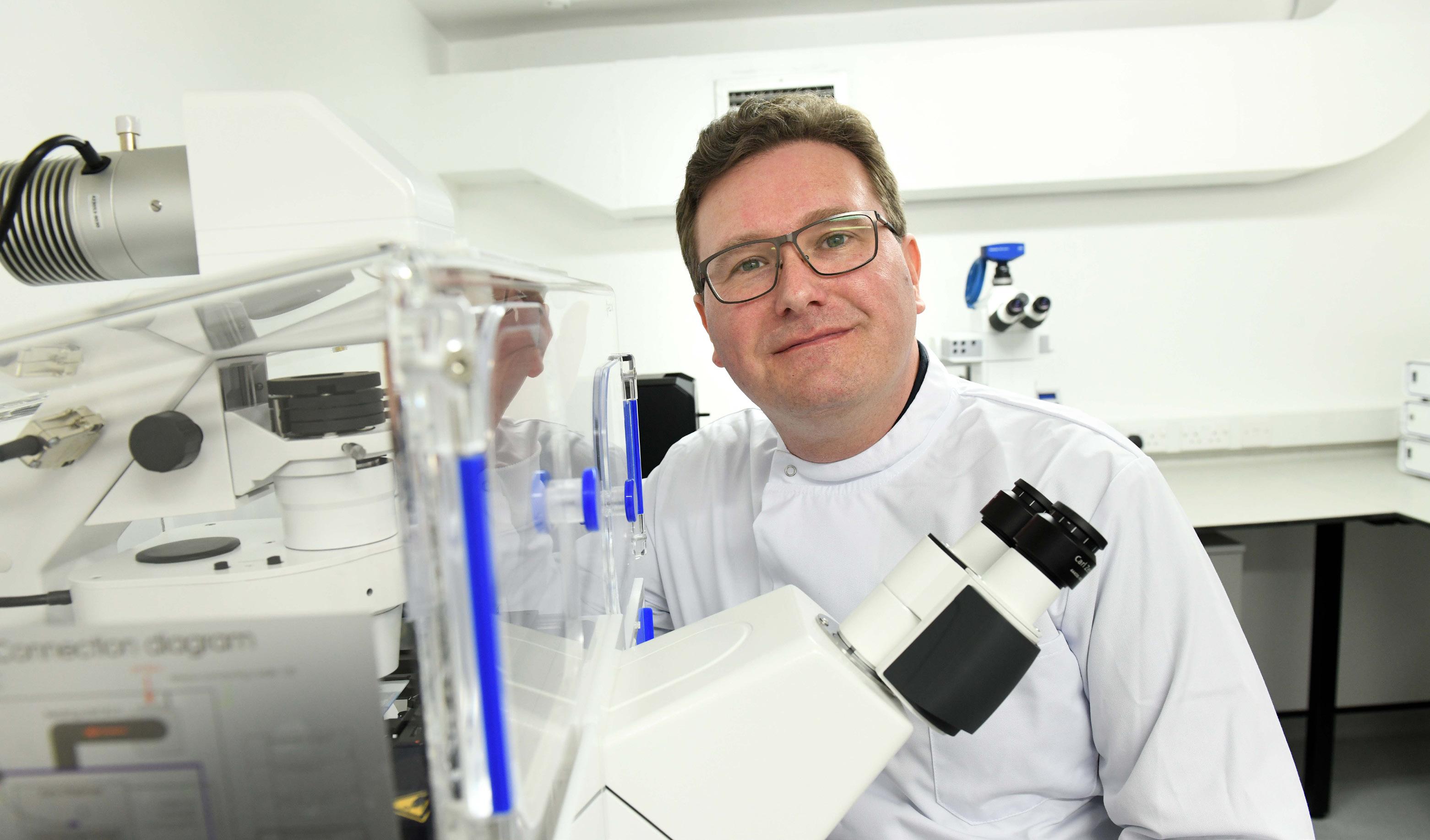
2 minute read
Uncovering the truth about Northern Ireland’s past
A Northumbria University linguist has been appointed to a panel which will advise a future public inquiry into historical institutional abuse of women and girls through Northern Ireland’s ‘mother and baby homes.’
Dr Patricia Canning, a researcher in forensic stylistics, linguistics, and discourse analysis, will form part of the 10-person independent Truth Recovery Programme Panel. Following years of relentless campaigning by victims and survivors for truth and accountability, the Northern Ireland (NI) Executive commissioned a team to consider evidence and research the operation of Mother and Baby Institutions across Northern Ireland.
Throughout the mid-1900s, mother and baby homes emerged across Northern Ireland and Ireland to provide refuge for unmarried mothers and their babies who were left without adequate support or family. Predominantly operated through church orders and funded by the Irish government, these institutions aimed to support women in a patriarchal environment. Women admitted to the homes ranged from 12 to 40 years old, with 80% between the age of 18 and 29. Many mothers admitted fell pregnant out of wedlock and these homes acted as an early form of shelter for neglected women and orphanages for vulnerable children - later developing into adoption agencies.
Research into these mother and baby homes, conducted by Queen’s University Belfast and Ulster University in 2021, revealed some of the horrendous experiences of the women and girls and their children who were admitted to the institutions up to the late 1990s. Despite the revelatory nature of this research, it also left many questions unanswered and as a result, the NI Executive agreed to form a panel of experts across a variety of disciplines to investigate these institutions further. The Police Service of Northern Ireland (PSNI) also launched a major investigation into the institutions and have received more than 80 reports of historic alleged crimes at mother and baby homes across the country. Many of the women felt coerced into giving up their children and the PSNI said reports included some from mothers who have never met their children.
Dr Canning is an applied linguist specialising in forensic texts and contexts. Her work includes the investigation and analysis of police reporting, particularly the attribution and deflection of blame through individual and institutional language choices. “I’m honoured to be taking up this important role and am privileged to be working with such a diverse and experienced team,” said Dr Canning. “Our work will develop the excellent research conducted by scholars at Ulster University and Queen’s University, Belfast and we will complete our work within 24 months with a key focus on primary research via oral testimonies before presenting our findings. I am completely committed to the panel’s remit, and to ensuring that those most affected by institutional injustices remain central to the work that we do.”
The Linguistics group at Northumbria University is one of the strongest centres for research in cognitive linguistics not just in the UK, but internationally. The Centre hosts the journal Cognitive Linguistics, the flagship journal in the field, and has an established reputation for research into language learning and teaching.

Click the QR code to find out more about linguistics research at Northumbria.










